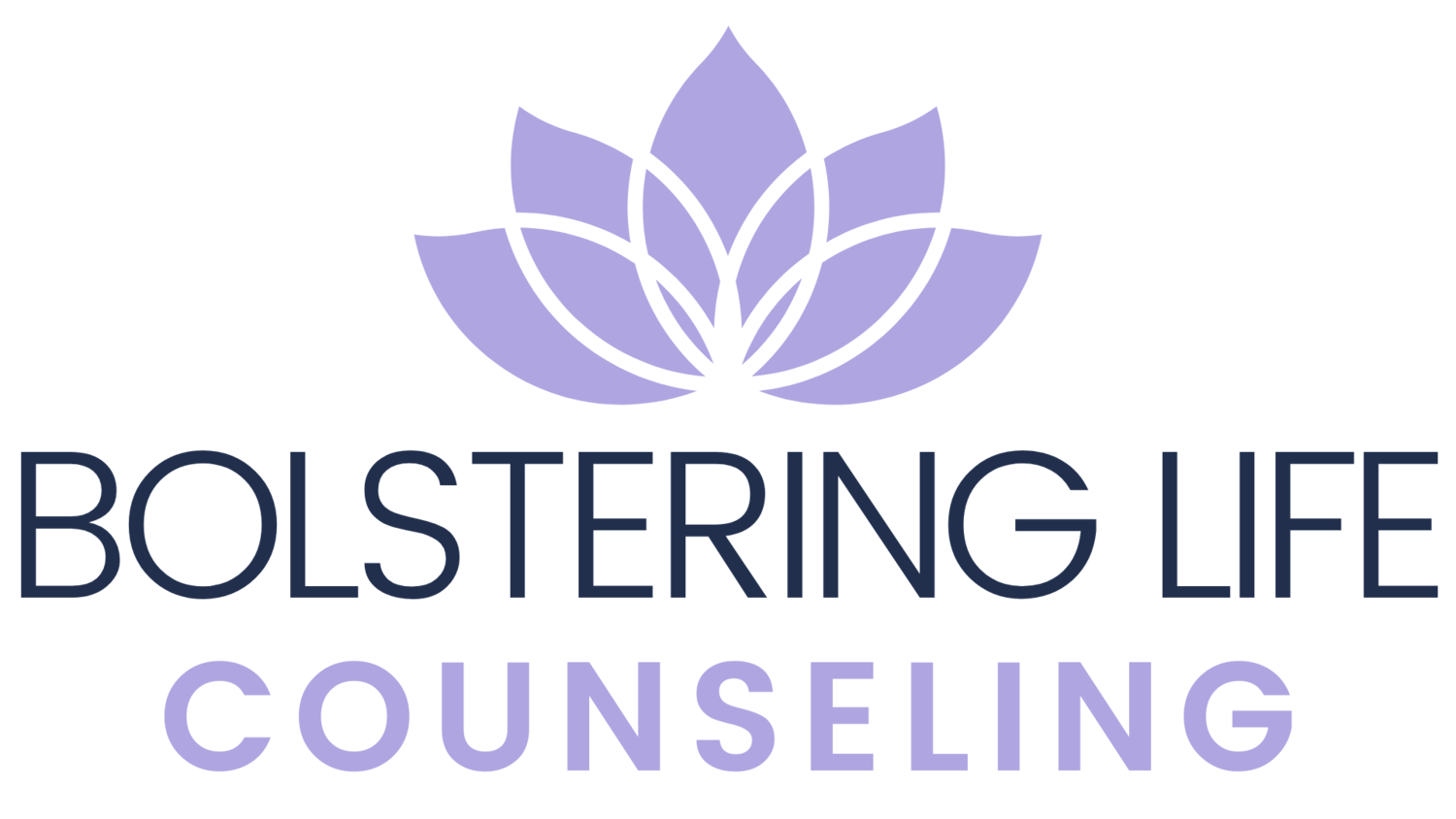Important questions to ask your EMDR therapist
I feel these are all valid questions for new EMDR clients to ask and I have provided my answers italics for how I conduct my EMDR therapy practice in Ahwatukee AZ.
What is your training, continuing education and consistent use of EMDR look like?
EMDR training can be basic vs certified. I am certified which means I did more individual and group consultation hours with additional continuing education requirements. My continuing education is mostly from EMDRIA on various ways to apply EMDR therapy and I also have a dedicated consultant who I can see periodically for a difficult case. I also participate in an EMDR group of therapists where we share and provide guidance.
How do you determine who is a good candidate for EMDR?
For EMDR therapy, there is significant preparation before processing beings such as resourcing/coping skills and history taking to identify negative core beliefs and target events to process. Some of these activities can be distressing or activating which can highlight how much a client can withstand emotionally and help me understand whether EMDR is appropriate. Also, clients who are going through significant current stressors and/or crisis may need help with that before diving into EMDR processing especially recent suicidal ideation.
If EMDR doesn’t work for me, what will we do instead?
There are other trauma therapy modalities to explore such as inner child work and narrative therapy. I feel therapy should be tailored to the client.
How long before I feel a difference?
Of course this varies by case but on average I have noticed change in his or her affect and the client has reported positive change within 6 or so processing sessions.
Is there homework between sessions?
No, in fact I instruct my clients with any thoughts, feelings, triggers, dreams, etc… occurring between sessions that those should be jotted down, put away in their mental container and brought to next session. According to Francine Shapiro the creator of EMDR therapy, “Unlike CBT with a trauma focus, EMDR does not involve (a) detailed descriptions of the event, (b) direct challenging of beliefs, (c) extended exposure, or (d) homework.”
Do you provide EMDR virtually?
I did provide virtual EMDR during Covid but now only offer it in-person. I am not saying EMDR isn’t effective virtually but it does present more challenges and I feel at a disadvantage if the processing is remote. In-person allows me to notice body language, nuances and energy that I can’t get from video seeing someone from the neck up.
In summary, I encourage questions from new EMDR clients and want them to feel comfortable before starting. If you’d like to learn more, set up an appointment with me.
